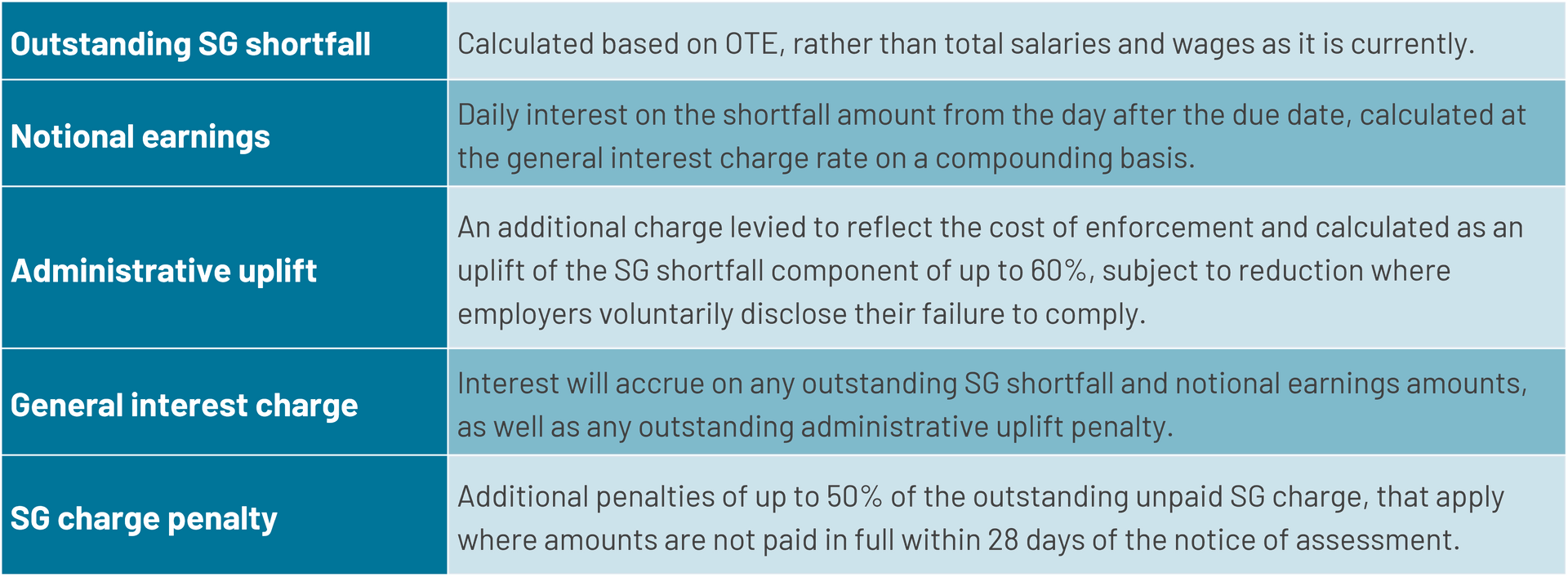Payday super: the details
‘Payday super’ will overhaul the way in which superannuation guarantee is administered. We look at the first details and the impending obligations on employers.
From 1 July 2026, employers will be obligated to pay superannuation guarantee (SG) on behalf of their employees on the same day as salary and wages instead of the current quarterly payment sequence.
The rationale is that speeding up the payment sequence for SG will not only help reduce the estimated $3.4 billion gap between what is owed to employees and what has been paid, but will also improve outcomes for employees – the Government estimates that a 25‑year‑old median income earner currently receiving super quarterly and wages fortnightly could be around 1.5% better off at retirement.
Announced in the 2023-24 Federal Budget, payday super is not yet law. However, given the structural changes required to administer the new law, Treasury has released a fact sheet to help employers better understand the implications of the impending change.
How will payday super work?
Under payday super, the due date for SG payments will be seven days from when an ordinary times earning* payment is made. That is, employers have seven days from an employee’s payday for their SG to be received by their super fund. The only exceptions are for new employees whose due date will be after their first two weeks of employment, and for small and irregular payments that occur outside the employee’s ordinary pay cycle.
Over the last few years, employers have moved to single touch payroll (STP) reporting for employee salary and wages. It is expected that payday super will fold into the existing electronic systems and some changes will be made to STP to collect ordinary times earning data.
The impact for some employers however will not be the compliance cost of administering the regular SG payments, but the cashflow. Employers will not be holding what will be 12% of their payroll until 28 days after the end of the quarter, but instead paying this amount out on the employee’s payday. The upside is that where an employer has either fallen behind or not paying SG, particularly when the business is insolvent, the damage is contained.
What happens if SG is paid late?
The penalties for underpaying or not paying SG are deliberately punitive and this approach will continue under payday super.
Currently, a super guarantee charge (SGC) applies to late SG payments - comprised of the employee’s superannuation guarantee shortfall amount, interest of 10% per annum from the start of the quarter the SG payment was due, and an administration fee of $20 for each employee with a shortfall per quarter. And, unlike normal superannuation guarantee contributions, SGC amounts are not deductible to the employer, even when the liability has been satisfied.
Under payday super, employees are fully compensated for delays in receiving SG amounts and larger penalties apply for employers that repeatedly fail to comply with their obligations. If you make a payment late, the SGC is made up of:

As you can see, if the proposed SGC becomes law, late SG payments can spiral out of control quickly. This will be a particular issue for employers that pay employees less than their entitlements over time, or have misclassified employees as contractors and have an outstanding SG obligation.
But, unlike the current SGC, the new SGC will be tax deductible (excluding penalties and interest that accrue if the SG charge amount is not paid within 28 days).
Payday super is not yet law. We will keep you up to date as change occurs and work with you to get it right once the details have been confirmed. If you have any other questions about super contribution payments, contact our office.
*Ordinary time earnings are the gross amount your employees earn for their ordinary hours of work including over-award payments, commissions, shift loading, annual leave loading and some allowances and bonuses.
To find out more about recent superannuation contribution changes, you can read some of our recent articles on the topic:








